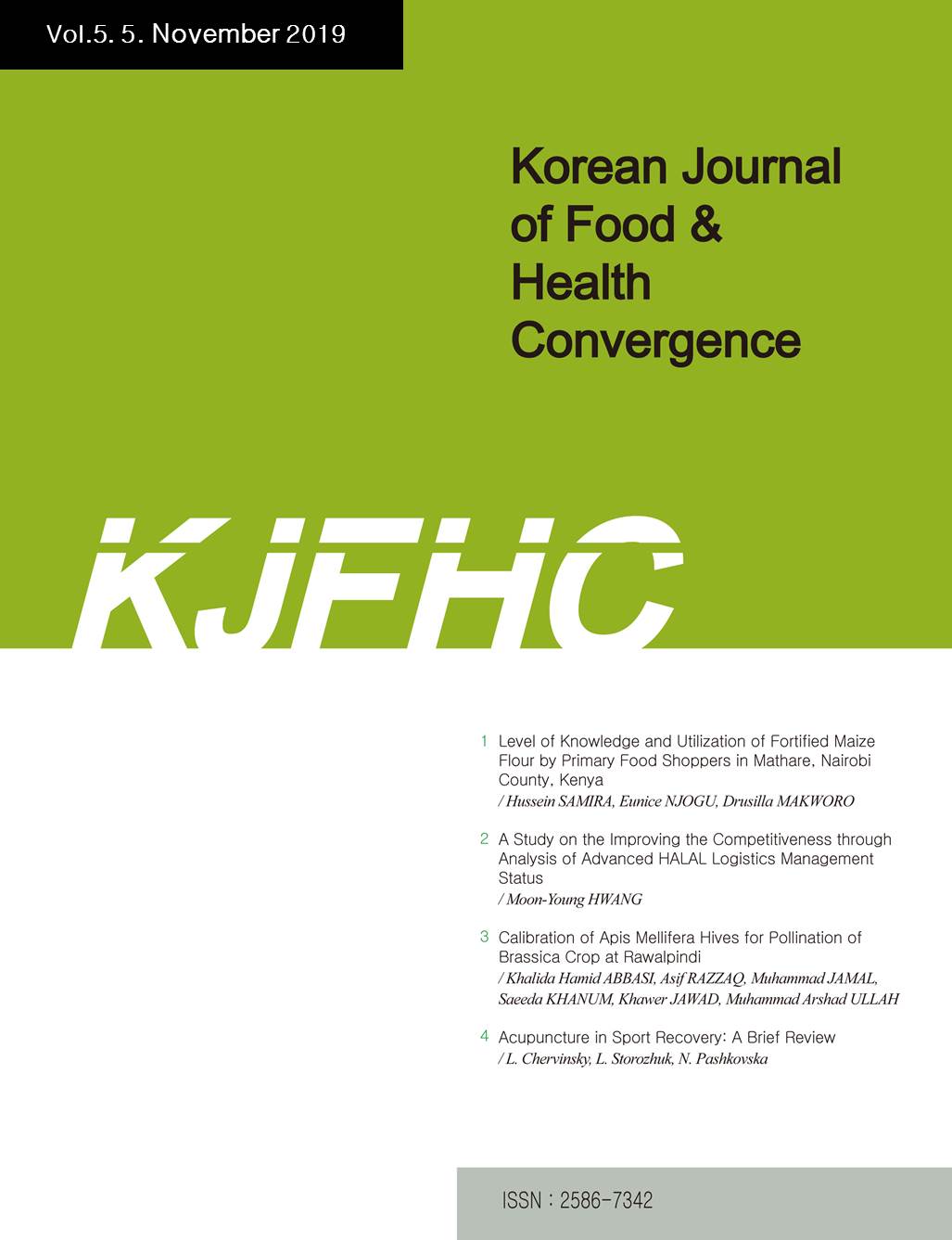 E-ISSN : 2586-7342
E-ISSN : 2586-7342
Vol.7 No.2
Abstract
The purpose of this study is to examine the impact of the service quality of delivery food on customers' emotional response and repurchase intention during the COVID19 pandemic. The proposed research model examined the effect on the service quality, customer sentiment response, and repurchase intention of delivery food. A questionnaire was distributed and measured for 300 consumers who had experience using food delivery services in the last 30 days. The questionnaires from previous researches were revised to fit the purpose of the present study. The survey results were analyzed to verify the reliability and validity of the measured variables. To verify the hypotheses a Structural Equation Modelling (SEM) was used for the study. The results showed that taste, price fairness, and package design positively affected emotional response; moreover, repurchase intention was enhanced by emotional response. This research analyzed the relationships between service qualities of delivery food, emotional response, and repurchase intention when customers consume delivery food during COVID19 in Korea. This study extends the delivery food literature by combining customers' emotional behavior with SEM model. The result suggested competitive strategic plans and development directions of food delivery companies in the rapidly increasing food delivery industry, providing implications for further research.
Abstract
This study identified the severity of youth gambling behavior and analyzed the impact of stress, impulsivity, peer attachment and social interest on youth gambling behavior. Based on the results of the study, the government sought to help understand teenagers who are addicted to gambling and to help them maintain psychological and social stability and healthy living. A total of 237 high school students were surveyed. According to the analysis, the prevalence rate was found to be 3.4 percent of the problem gambling group and 9.3 percent of the medium-risk gambling group, and a total of 12.7 percent was addiction. Low-risk gambling groups accounted for 16.9 percent and non-problem gambling groups accounted for 70.5 percent. By gender, male students have more serious gambling problems than female students. As a result of dividing the group that experienced gambling more than once and the group that did not experience gambling into gambling group and non-gambling group, the two groups showed significant differences in impulsiveness, avoidant attachment, and interest in others. Furthermore, a correlation analysis was conducted to examine the relationship between these factors and the level of gambling behavior, showing that only impulsivity was significant.
Abstract
The purpose of study is to study the influence of elderly's family harmony reflects on suicidal tendency among the mental health. The study was a survey of 323 elderly people aged 65 years or older in the elderly welfare center located in S city. The variables of this study consisted of the independent variable emotional intelligence, the dependent variable suicide tendency and the mediating effect family harmony. As a result of the study. In the mediating effect of family harmony on the influence of emotional intelligence on suicidal thoughts, it was found that emotional intelligence had a positive (+) effect on family harmony (t=9.389, p<0.001), and emotional intelligence was related to suicidal thought It was found to have a negative (-) effect (t=-7.358, p<0.001). The mediating effect, family harmony, had negative (-) influence on suicidal thoughts (t=-3.956, p<0.001), and emotional intelligence also showed that suicidal thoughts had negative (-) influence (t=-4.828, p<0.001). In Conclusions, it was found that family harmony had a partial mediating effect on the influence of emotional intelligence on suicidal thoughts. Emotional intelligence, which can accept one's own emotions and feel the emotions of others in the position of others, is an important variable for family harmony.
